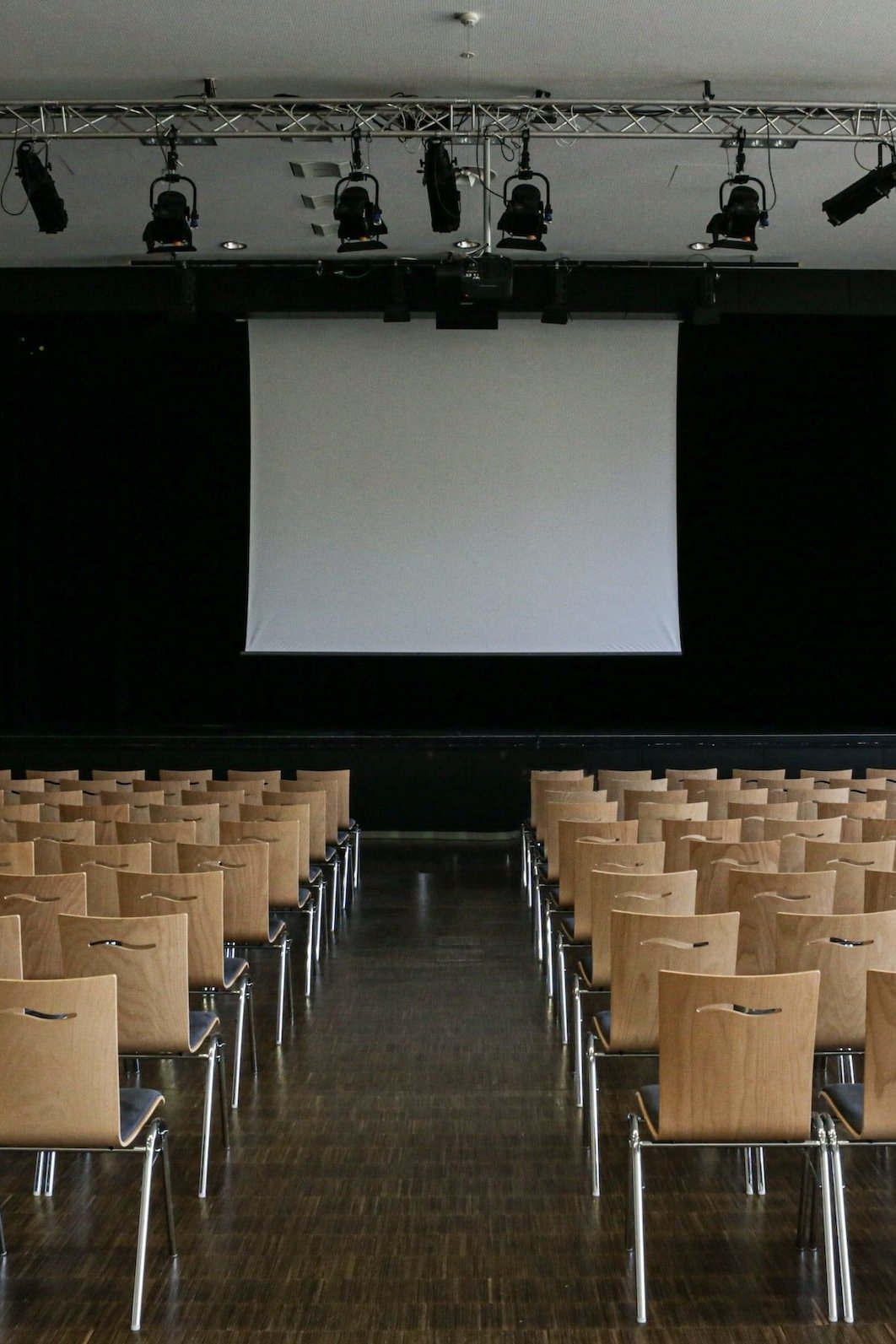working groups
Training a new generation of change makers
We bring together diverse perspectives, skillsets and knowledge from around the world to tackle pressing environmental concerns, in the Great Lakes and beyond.
We bring together diverse perspectives, skillsets and knowledge from around the world to tackle pressing environmental concerns, in the Great Lakes and beyond.

This working group is looking at patterns in trophic diversity relationships in large marine ecosystems and large freshwater lakes where species turnover is often large (natural variation in temporal movement patterns, climate change, invasions). Early results suggest that these patterns may be symbolic of the structural rivets that bind large ecosystems together as certain types of heavy fishing pressure appear to drive heightened variance. Participants of this group include research scientists and postdoctoral fellows from the University of Guelph, Department of Fisheries and Oceans, University of Windsor, Dalhousie University, Alaska Coastal Rainforest Center, and the University of Toronto.
This working group is using the linear inverse method now used commonly in modeling ecosystem fluxes in fisheries and their dynamics to explore the resilience of Great Lakes ecosystems under global change and different management strategies. The goal is to explore the implication of management on resilience in order to implement management that will optimize resilience in concert with fisheries harvests. Participants of this group include research scientists from the University of Guelph, Department of Fisheries and Oceans, Ohio State University, Ontario Ministry of Natural Resources and Forestry, University of California (Davis), and the Great Lakes Fishery Commission.
This working group is exploring the fundamental link between structure and function in ecosystems (e.g., stage structure, food web structure) and how it is disrupted by global change in a manner that potentially critically alters the functions and ecosystem services we rely on. By combining real-world observations and theories, we’re able to look into how the growing agricultural and fisheries industries - influenced by global changes - are impacting the way ecosystems are structured and function. Participants of this group include research scientists and postdoctoral fellows from the University of Guelph, Department of Fisheries and Oceans, Trinity College Dublin, Colorado State University, University of Toronto, and Yale University.
This working group aims to improve predictions of how ectotherm species in Canada will respond to climate change by linking individual thermal tolerance to population-level processes. They will develop theoretical and mathematical models to connect different thermal tolerance metrics with temperature-dependent population dynamics, such as growth rates. Using publicly available physiological data, they will empirically test these models to refine projections of species abundance, distribution, and vulnerability. By collaborating with government scientists and conservation practitioners, the group seeks to create a community of practice that integrates physiologically informed tools into biodiversity conservation and management across Canada. Participants of this group include research scientists and postdoctoral fellows from the University of Guelph, Department of Fisheries and Oceans, Environment and Climate Change Canada, McGill University, University of California, Imperial College London, Carleton University, University of Washington, Norwegian University of Science & Technology, Yale University, University of Nevada, and Duke University. Partial funding for this project was provided by the Canadian Institute for Ecology & Evolution (CIEE).

We host cohorts of 2-3 postdoctoral fellows each year. Our goal is to consistently create strong research cohorts that collaborate to tackle pressing ecological challenges.

We host an annual symposium with a focus on ecosystem management. Together, we develop concepts, applications, and future directions in biodiversity science.

Our working groups focus on three main topics:
(1) Ecosystem services in the Great Lakes region
(2) Phenology and climate change
(3) Metabolic theory and aquatic ecology

the centre
A meeting space anchored in the ecology of the great lakes.
The Centre is based at a retreat-like facility on the shores of the Great Lakes. Join us for conversations, workshops, and working groups in a location anchored in the ecological challenges being discussed.



